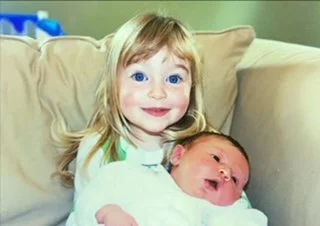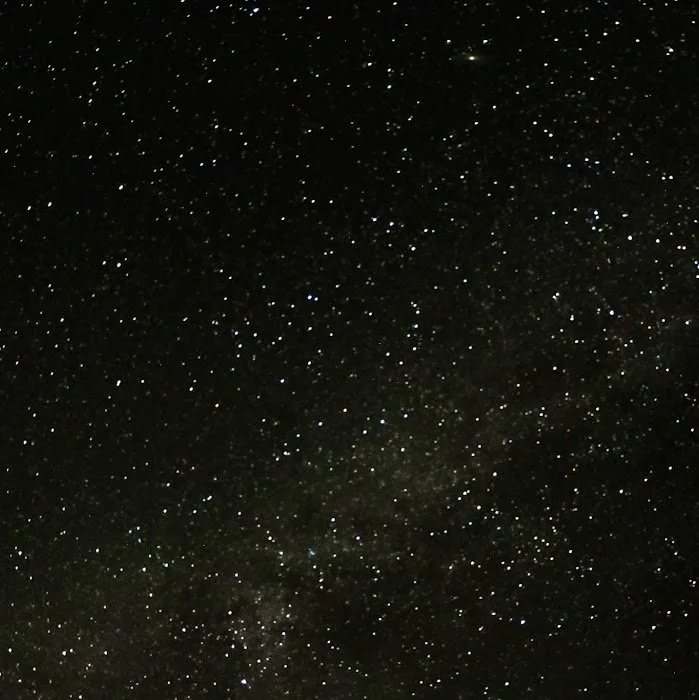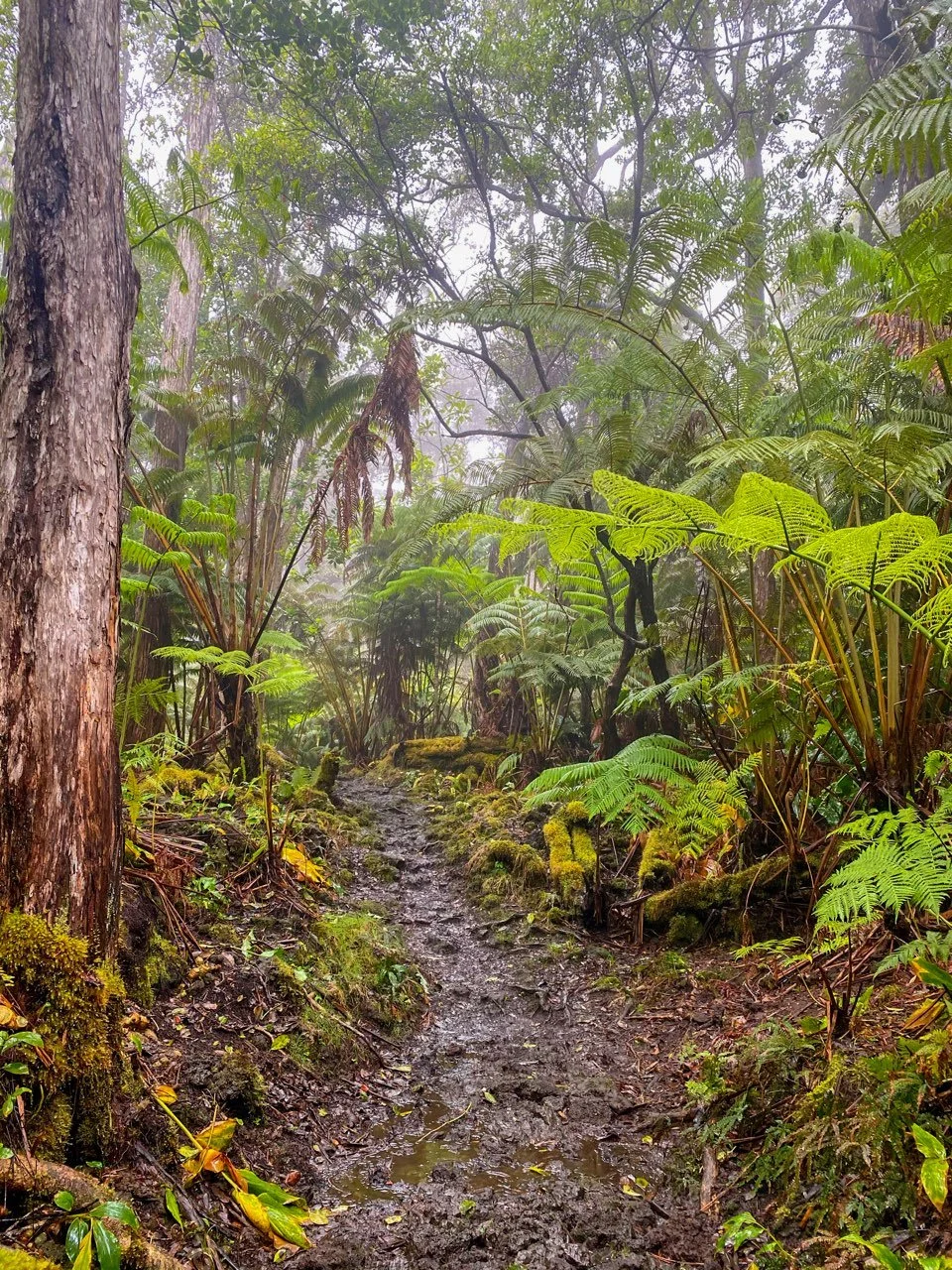By Liz Fullwood
The mice never developed the words freedom, earnest, envy.
I am a scientist. I am supposed to create change. I hear my family, my mentors raving about my work and how I will bring a better tomorrow. “Make sure you solve Alzheimer's before I'm too old,’ my aunt jests. “I can't wait to see how you revolutionize medicine,” my grandmother coos. Yet, day in and day out, I go into the lab, observe the behavior of my mice, do an analysis, and then go home; Nothing changes. This cycle repeats over and over and over again, but it's not just the 9-5 job that cages me. Culture is claustrophobic; Nothing ever satiates this tasteless haze of desire. Our motives and minds are driven by the undying hunger for achievement and the fruitless life-long pursuit of happiness. Why do we frantically accomplish but listlessly live? We are asked what we want to be, and what goals we want to reach, never considering the alternative; I don't want either. I am an orca at SeaWorld, trained to perform, to please— but even if the hoop changes, it's still the same jump at the end of the day. How long am I expected to perform the act in which I was trained? I am grateful for my privileged experience, and I am still looking for a way out of the enclosure they call the modern lifestyle.
In a way, I am jealous of the enclosure the mice in my research facility dwell in.
The lab mice have food, clean water, housing, toys, trained professionals to look after their health, and a quick and painless death. They are never aware that they could be aware, and they never dream of anything outside their containment. Their suffering is brief, and they have a higher quality of life than most humans. The world is falling apart, and all we are doing is filming it. Both the forest and the tongues of the people are on fire. Children are dying, the rich keep getting richer, and water is not deemed a human right. Currently, my transfeminine, Jewish girlfriend is struggling to find housing due to the current political climate. I work over 50 hours a week to pay for a place to sleep and to put food on the table; It is never enough. I can’t help but wonder if there is more to life than this.
Lab mice may be poked, prodded, and undergo experimentation but they are never expected to be more than what they are.
All I want is to be human. Yet, I can only actively be another cog in the capitalist machine; that is how you survive. In today's society, you can’t have achievement without sacrifice, you can’t have love without grief, and you can’t have pleasure without addiction. So where does one go when chaos is all there is outside? One folds within. My bed is a foam pit and my spirit toddles on a tightrope of dysphemism. All I want is to curl up and dissolve in the innocuous embrace of my lover. I want to exist in each breath we breathe together and be free of my own head space. My psychiatrist deems it depression and writes me a note for happy pills, but that’s not it. I've been to the pits of despair and lived my middle and high school years in a constant state of apathy. This current hopelessness has too much yearning; is this grief? I lay on the navy-blue couch in my 3rd -floor apartment and watch as traffic passes by. The sirens that used to put me on edge are now just dull background noise. I turn on my phone and scroll through Instagram. Terror, death, destruction, cute pets, and the latest pop culture gossip all held on my tiny screen. Everyone has a cause they are fighting for, an opinion that you are not supposed to disagree with. I can't help but wonder if being humane is not the practice of quiet benevolence but rather perfecting the art of scratching a phantom itch. Scientists say creatures are born performing the skill that is essential to survival: giraffes are born walking, sharks are born swimming, and humans are born crying for help.
The mice live in isolation and are never able to form their own mischief.
I have a community. There are people in my life who listen to me, who actively care for me. In this I am blessed. This world may be exhausting, and life may be a sexually transmitted disease that ultimately ends in death, but unlike the mice, I am not alone. I have been able to find people who are now close to kin. They are my motivation each and every day to get out of bed, to work the 9 to 5. I feel like blunt scissors, desperately trying to make a difference but never able to fulfill the one thing I was made to do. Yet, I am held, someone decided to give me a chance and then kept me around. So, thank you, all of you, for showing me love and compassion. Each laugh and every cuddle bring me hope for a better tomorrow. The mice will never understand the bliss of their situation, but they know to be content with their enclosure. So, though it drains me, I will do my best to be content with mine.
Author Statement
I search for understanding how to operate in today's world I found that we have domesticated ourselves.
Photo Credit: Matt Bero
















